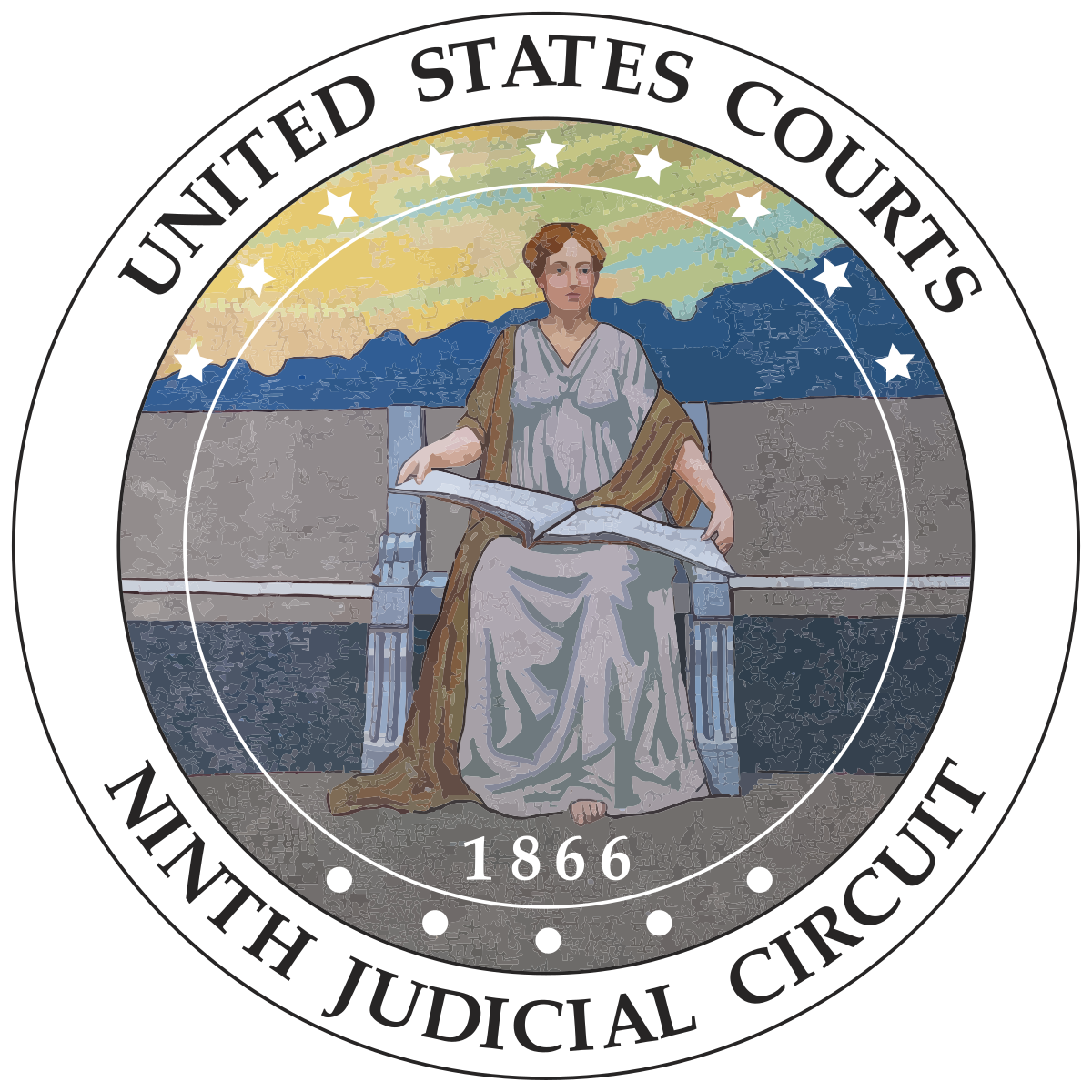Originally Published on forbes.com on September 25th, 2011
______________________________________
Tax planners generally think that clients are well served by their thoroughness. I have little doubt that this is generally the case. Every once in a while, though, that little bit of extra work can be counterproductive. In the case of Dr. Howard the extra step, that a less thorough planner might have neglected was the employment contract between Dr. Howard, the dentist and the Howard Corporation of which he was the sole shareholder. The Howard Corporation was a C corporation and when it came time to sell the practice, the planners wanted the payments for goodwill to go to Dr. Howard personally. The idea is that the goodwill of the practice is not owned by the professional corporation, but rather by the professional. That way the payments for goodwill, which as in exchange for a 1231 asset will get capital gain treatment, go directly to the the professional without passing through the corporation. It is a sound concept. It is just that it did not work in this case ( US v Howard, a recent ninth circuit decision). The problem was the employment contract.
In the instant case, Dr. Howard worked for the Howard Corporation pursuant to an employment contract by which he agreed “to practice dentistry solely as an employee of the Corporation and … devote his entire professional time to the affairs of the Corporation.” Under this agreement, the Howard Corporation retained “complete control and authority with respect to the acceptance or refusal of any client” and “all files … and other records concerning clients of the Corporation … belong to … the Corporation.” In addition to the employment contract, Dr. Howard agreed not to “engage … in any business … competitive to that of the ” as “long as h any stock ” and for a period of three years thereafter. Under these circumstances, while the relationships that Dr. Howard developed with his patients may be accurately described as personal, the economic value of those relationships did not belong to him, because he had conveyed control of them to the Howard Corporation.
That employment agreement seemed to put the goodwill pretty firmly in the hands of the Howard Corporation which would not have been such a bad thing if the deal had been done in 1984. In the current environment, it is a set-up for double taxation. They tried to fix it in the purchase agreement:
The purchase agreement provides that “he personal goodwill of the ractice … established by Dr. Howard … is based on the relationship between Dr. Howard and the patients.”
The Court wasn’t buying it:
As one of the members of the panel aptly observed at oral argument, “so having then made himself available to the advantages of using the corporation, and having entered into the agreements that he did with the corporation, then why should we try then to allow him … out of what he got himself into.” Dr. Howard has offered no compelling reason why he should be let out of the corporate structure he chose for hisdental practice.
Now the tax tail should never wag the economic dog so I am asking this as a real question, not a rhetorical one ? What is the point of employment agreements between professional corporations and their sole shareholders ? If there is not a compelling non-tax reason for them, I wonder if they would just as well not have them. Dr. Howard tried to argue that the sales agreement voided the employment contract. The Court indicated that if they accepted that argument, then there was a deemed distribution of the goodwill. That makes me a little hesitant to call for the widespread burning of employment agreements. Nonetheless, existing employment contracts between professional corporations and their shareholders should be dusted off and reviewed for the effect they would have in a sale situation in light of this case.
I should note that I am not a big fan of using C corporations for professional services because of the problems that they can create as I noted in this piece Personal Service Corporation and C Corp – Recipe for Disaster.































































































